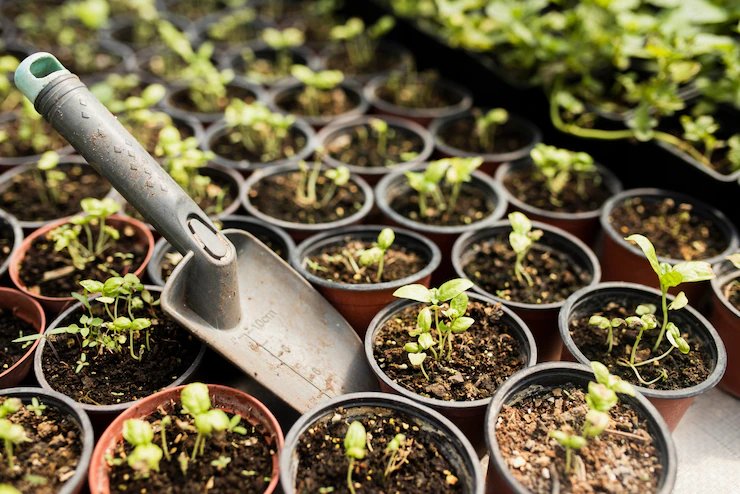Here are 10 things you should know about a Plant Breeder job:
- Role and Responsibilities: A plant breeder is a professional who specializes in developing and improving plant varieties through selective breeding techniques. They work with crops, trees, flowers, and other plants to enhance their desirable traits such as yield, disease resistance, flavor, and adaptability.
- Education and Skills: Most plant breeders hold advanced degrees in plant breeding, genetics, agronomy, or a related field. They need a strong understanding of genetics, plant physiology, statistics, and research methodologies. Excellent analytical, problem-solving, and communication skills are also important.
- Fieldwork and Research: Plant breeders spend a significant amount of time conducting fieldwork and research. They evaluate and select plants with desirable traits, collect and analyze data, perform experiments, and monitor the growth and development of plants under different conditions.
- Genetic Modification: Plant breeders may use various techniques, including traditional breeding methods and advanced technologies like genetic modification (GM), to achieve desired traits. GM involves altering the genetic makeup of a plant to introduce specific characteristics, such as resistance to pests or improved nutritional content.
- Crop Improvement: Plant breeders play a vital role in crop improvement, aiming to develop new varieties with increased yields, better quality, and improved resistance to diseases, pests, drought, or other environmental stresses. Their work contributes to food security, sustainability, and agricultural advancements.
- Data Analysis and Statistics: Plant breeders rely on statistical analysis to interpret research data and make informed decisions. They use specialized software and tools to analyze and manage large datasets, perform genetic mapping, and assess the heritability of traits.
- Collaboration and Networking: Plant breeders often collaborate with other scientists, farmers, seed companies, and agricultural organizations. They may participate in conferences, workshops, and industry events to share knowledge, exchange germplasm, and stay updated with the latest advancements in plant breeding.
- Regulatory and Intellectual Property Considerations: Plant breeders must adhere to relevant regulations and intellectual property laws. Depending on the country, there may be regulations governing the release and commercialization of new plant varieties, as well as patenting and licensing requirements for genetically modified plants.
- Long-Term Commitment: Plant breeding is a long-term process that requires patience and persistence. It can take several years or even decades to develop and release a new plant variety with desired traits. Plant breeders need to plan and manage their projects accordingly, considering the time and resources required.
- Career Opportunities: Plant breeders can find employment in various sectors, including research institutions, government agencies, seed companies, biotechnology firms, and universities. They may work on specific crops or specialize in particular areas such as disease resistance, nutrition, or climate resilience.
Remember, these points provide a general overview of a plant breeder’s job, and the specific responsibilities and requirements may vary based on the organization and the plant species being bred.
Join 'Farmers Mag' WhatsApp Channel
Get the latest Farming news and tips delivered straight to your WhatsApp
CLICK HERE TO JOIN






